Invasive Alien Species in a European Perspective, 6 ECTS credits
Invasive alien species (IAS) are one of the biggest threats to biodiversity globally in terrestrial and aquatic systems. In this Blended Intensive Programme (BIP) course you will learn more about it online and face to face with other students from our nine EU GREEN partner universities
Information session
On Monday, April 15th there was in information session for nominated students, when practical steps regarding the application process, the coming steps prior to course start, general course information and the trip to Badajoz were discussed
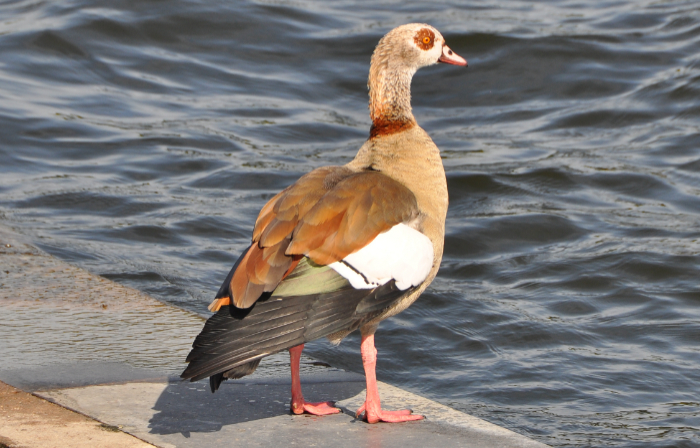
BIP on Invasive Alien Species in a European Perspective
Learn online and face to face about ‘Invasive Alien Species in a European context’ with other students from our nine EU GREEN partner universities. Travel to the University of Extremadura at Badajoz, Spain in early June 2024 and spend a week working on aquatic and terrestrial invasive species in the field and in the lab.
Invasive alien species (IAS) are one of the biggest threats to biodiversity globally in terrestrial and aquatic systems (According to IPBES 2023, United Nations). The course of study presents basic issues on the emergence, spread, monitoring and management of invasive plant and animal species. You will learn about methods for analyzing the occurrence of IAS in the field, and the impacts of IAS on biodiversity. The course takes a critical approach to IAS and uses informed decision-making related to IAS, in view of the high biodiversity and societal impacts and economic losses that result following invasions. Students also learn about current legal regulations related to IAS and the possibility of using Citizen Science to engage society in supporting IAS monitoring.
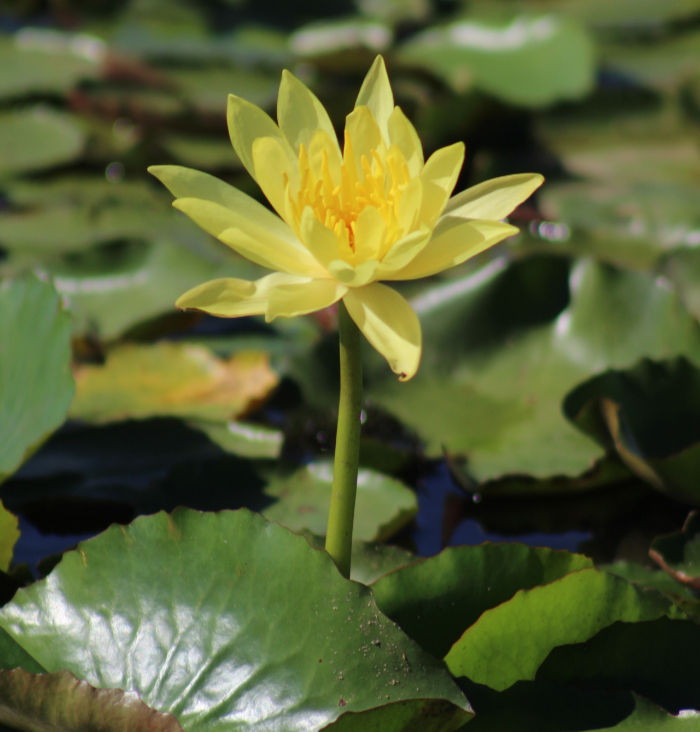
The Stay in Badajoz
During the stay in Badajoz at the University of Extremadura, two practical field activities will be carried out. In one of them, the Guadiana river will be crossed, detecting the presence of birds and introduced plants. Of particular importance is the presence of Nymphaea mexicana, which colonises an important part of the river. In the second one, a session of electrofishing will be carried out and afterwards the specific composition of the community and its main biometric characteristics will be analysed. In addition, a visit will be made to the Aquaculture Centre during which all the species of freshwater fish introduced in the region will be observed in aquariums.
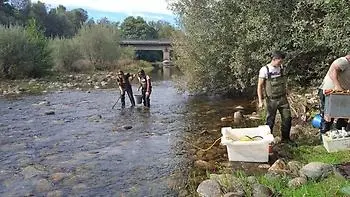
Elfiske, en aktivitet i Badajoz
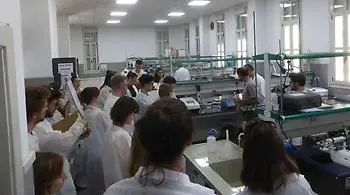
Labbet i Badajoz.
General Information about the Course
The course is at Master´s level.
SyllabusPdf, 503 kB. External link.
External link.  External link.
External link.
Course literaturePdf, 215 kB. External link.
External link.  External link.
External link.
SchedulePdf, 4 MB. External link.
External link.  External link.
External link.
Tuition Fee: free of charge
Dates: May 6-June 25
Study period and scope:
VIRTUAL attendance 50 %: May 6-May 31 and June 10-June 25. IN-PRESENCE attendance in Badajoz, Spain/University of Extremadura,
100 %: June 3-June 8
Language of instruction: English
ECTS for participation in the programme: 6 ECTS credits
Number of places: 27
Deadline for application:
For on-line applications: April 3
For applications via your Academic Coordinator: April 3
Conditions for Admission
The course is aimed at EU GREEN students and is highly relevant to students who have completed 180 ECTS credits or equivalent.
Level of English: B2 or equivalent
Preferred students: Bachelor´s students in the third year of Agriculture, Biology, Biotechnology, Biogeology, Communication Sciences, Environmental Sciences, Engineering, Forestry, Geographical Information Systems, Landscape Architecture, Law, Veterinary Sciences, and Masters/PhD students in related disciplines.
How to Apply
Please note that we are only able to accept EU GREEN students.
On-line applications
Students should complete the APPLICATION FORM External link.
External link.
Studets should send the following documents to: sandra.wright@hig.se by April 1
- Transcript of records and certificate of enrolment
- Proof of knowledge of English (High-school certificate, English test, previous studies in English, supporting letter or equivalent)
- Personal motivation letter, up to 300 words
Applications via your Academic Coordinator
Send Transcript of records, certificate of enrolment and a personal motivation letter to your Academic Coordinator (see list below) by April 3
The selection of nominated students will be completed by April 8, when the nominees will get an email from the University of Gävle with further instructions for formal application. After having been nominated, you can only secure a place for the course if you formally apply by April 16. Letters of admittance will be sent out on April 19.
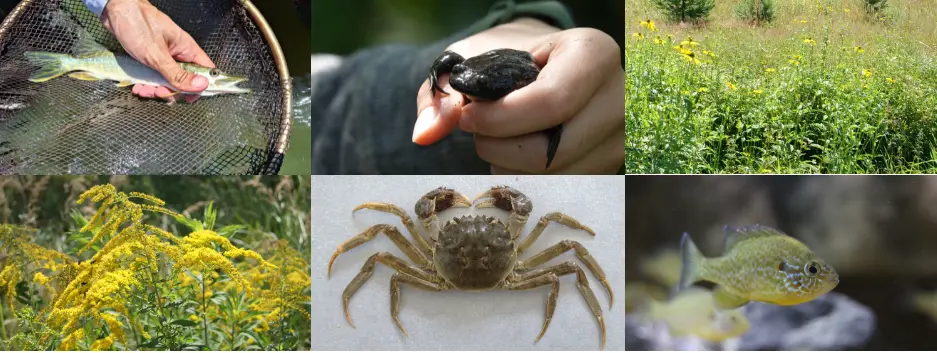
Financial Support
The participation in Blended Intensive Programme may be covered by an ERASMUS+ SMS Short Mobility Grant for all participating students. This financial support may only be guaranteed by the selected student’s home University. Please refer to your local coordinator or Erasmus+/International Relations Office for any further information related to the financial support made available.
Useful Information from the University of Extremadura
General information for Erasmus students External link.
External link.
An Interactive Guide for Exchange Students External link.
External link.
Download a Leaflet about the Course
In English languagePdf, 1 MB. External link.
External link.  External link.
External link.
In Italian languagePdf, 1 MB. External link.
External link.  External link.
External link.
In Romanian languagePdf, 1 MB. External link.
External link.  External link.
External link.
In Polish languagePdf, 2 MB. External link.
External link.  External link.
External link.
In Portuguese languagePdf, 1 MB. External link.
External link.  External link.
External link.
Contact
Sandra Wright
Docent i växtpatologi och projektledare BIOVÄX Gävleborg
This page was last updated 2024-04-23
